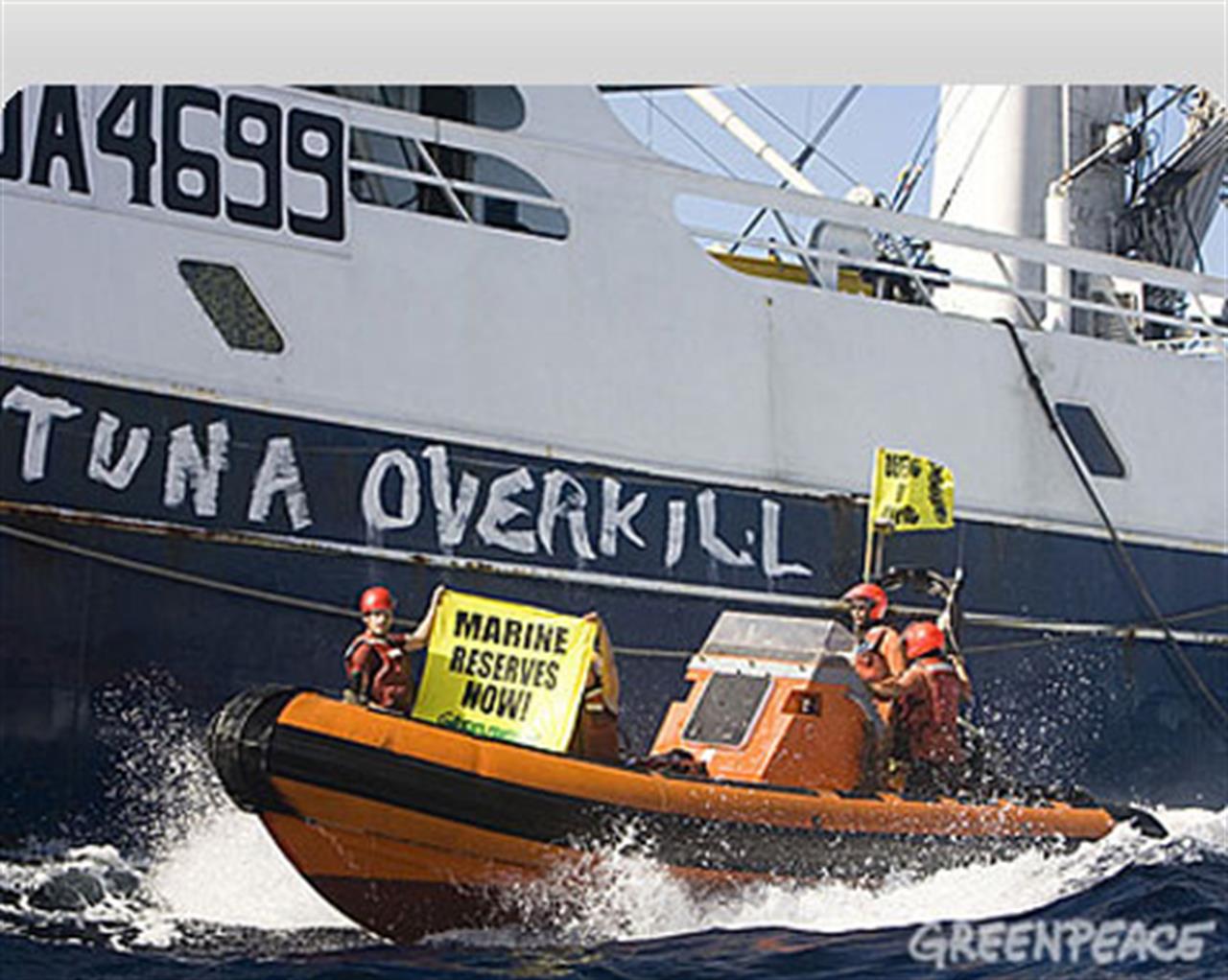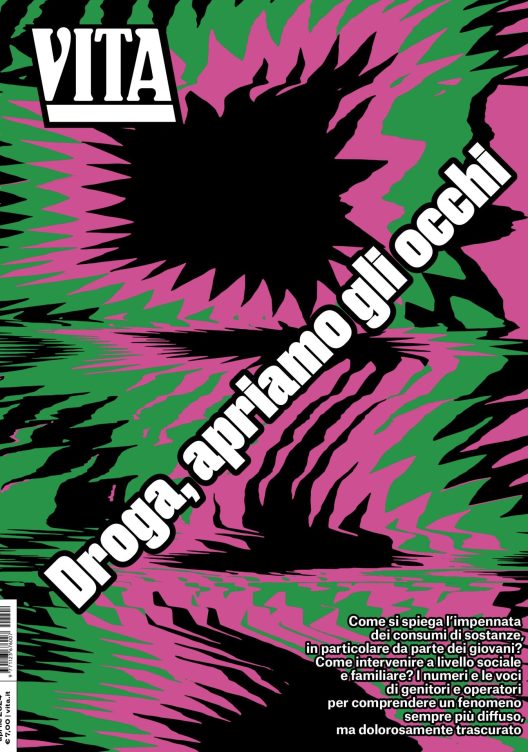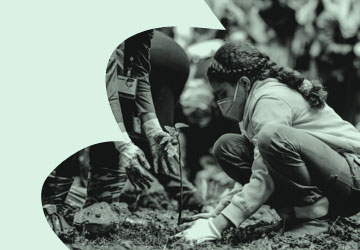Sostenibilità sociale e ambientale
Activists call for end to illegal fishing
The European fisheries council kicks off with an urgent appeal from environmental groups worried about fishing stocks
di Staff

EU ministers should suspend fishing for bluefin tuna until France, Spain, Italy and their Mediterranean neighbours stop illegal fishing practices, said Greenpeace at the start of an EU fisheries Council in Luxembourg on October 27.
Ministers are expected to agree the EU’s position on fishing for bluefin tuna ahead of the International Commission for the Conservation of Atlantic Tunas (ICCAT), which will take place in Marrakech, Morocco, from 17 to 24 November 2008. ICCAT is in charge of the management of a number of regional fisheries, including bluefin tuna stocks in the Mediterranean.
Ministers will also discuss fishing quotas for the Baltic, the Black Sea and deep-sea fishing. Greenpeace is particularly concerned about bluefin tuna stocks in the Mediterranean and Eastern Atlantic, cod in the Eastern Baltic, and vulnerable deep-sea species.
“The ministers of France, Italy and Spain have shown they are incapable of keeping illegal fishing for bluefin tuna under control. Only a suspension of fishing can bring the bluefin tuna back from the brink of collapse,” said Saskia Richartz, Greenpeace EU oceans policy director.
A review of ICCAT by independent experts published earlier this year, called its management of bluefin tuna “unacceptable and not consistent with the objectives of ICCAT”. The report characterised the bluefin tuna situation as “a travesty in fisheries management”.
Scientists have in past years also advised governments to halt fishing for Eastern Baltic cod, because of the poor state of the stock. But this year the International Council for the Exploration of the Sea (ICES) has recommended a maximum quota of 48,600 tonnes, after signs that the stock may be recovering.
“We call on ministers to stick to scientifically recommended catch levels and to protect the spawning grounds of Baltic cod,” said Richartz.
Finally, the Council is not likely to recognise the particular fragility of deep-sea species and ecosystems.
“Greenpeace questions whether any deep-sea fishery can be financially viable and be sustainable at the same time. Given the longevity and low reproductive rate of deep-sea fish, fishing for deep-sea fish is like hunting elephants as if they were rabbits”, said Richartz.
Find out more: www.greenpeace.org

